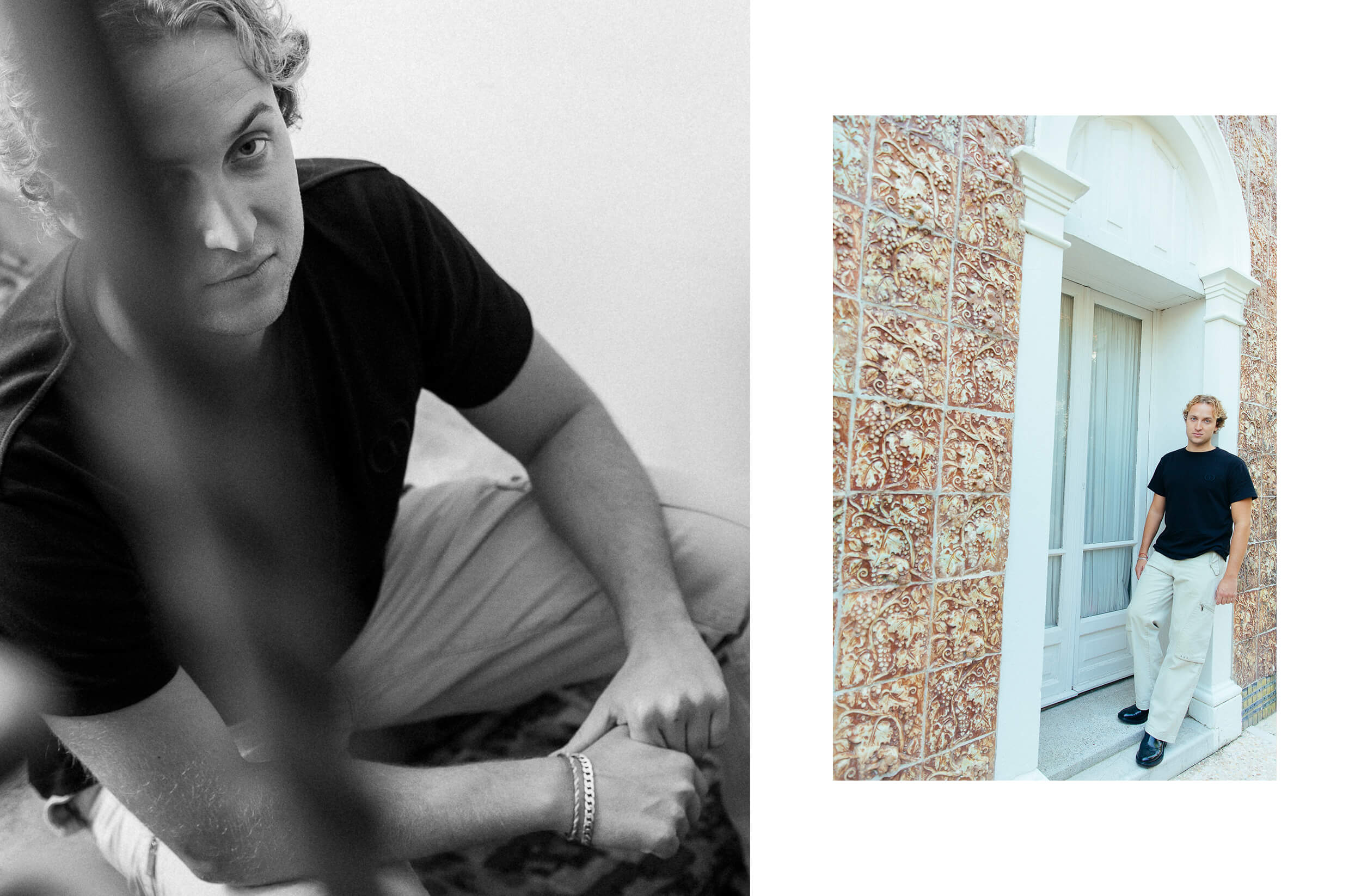At his first experience behind the camera, Olmo Schnabel gave life to a fast-paced, dark and fantasy New York story: a love letter to the city he was born and raised in, and that he’s escaped from as soon as it lost its magic in his eyes.
“Pet Shop Days” is a twisted tale of love and hatred, prejudice and exaggeration, selected in the Orizzonti Extra category at the Venice Film Festival. We sat down with Olmo to talk about his process of preparation before filming, the actor-director dynamics, the relationship with an ever-changing often-romanticized city, and the endless possibilities that life can give us, if we learn to “like our problems” and put up with the intrinsic disappointing nature of existence.
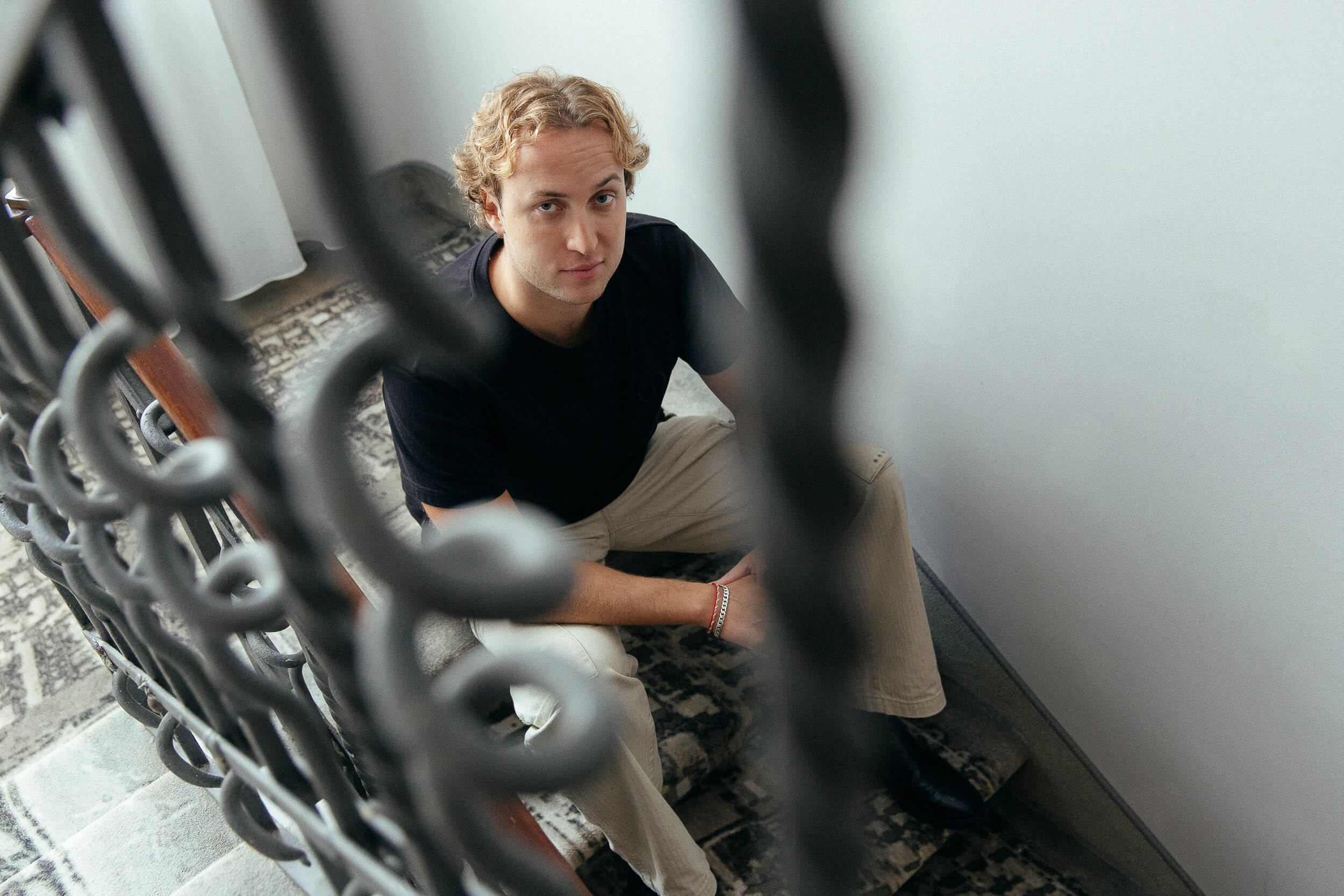
What’s your first cinema memory?
I don’t necessarily have a first cinema memory, but I’d say that a very impactful one I had was when I went through a breakup, in middle school, and I was freaking out and I remember I watched “Barry Lyndon” in a theater, the original print. Do you know when you listen to music and you feel like music is speaking to you? I remember feeling the same way back then, having such a personal experience with that film, and also being completely confused because obviously the film was made for everybody, it wasn’t made for me, but for some reason it felt so personal. I remember being completely affected by and at the mercy of what I was being confronted with and the power of film. Depending on where you are in your life, there are moments where you have an experience and you’re may just watch it or it can actively put a mirror up in front of you and really become a personal experience. That was definitely one that I remember vividly.
Then I remember watching “The Godfather II” when I was a kid (I could pretty much watch whatever I wanted to watch), or another experience I remember, that was a little bit more disturbing, was watching “The Shining” really early on in my life, and that really screwed me up [laughs]. There are images from that film I’ve definitely remembered vividly for a very long time!
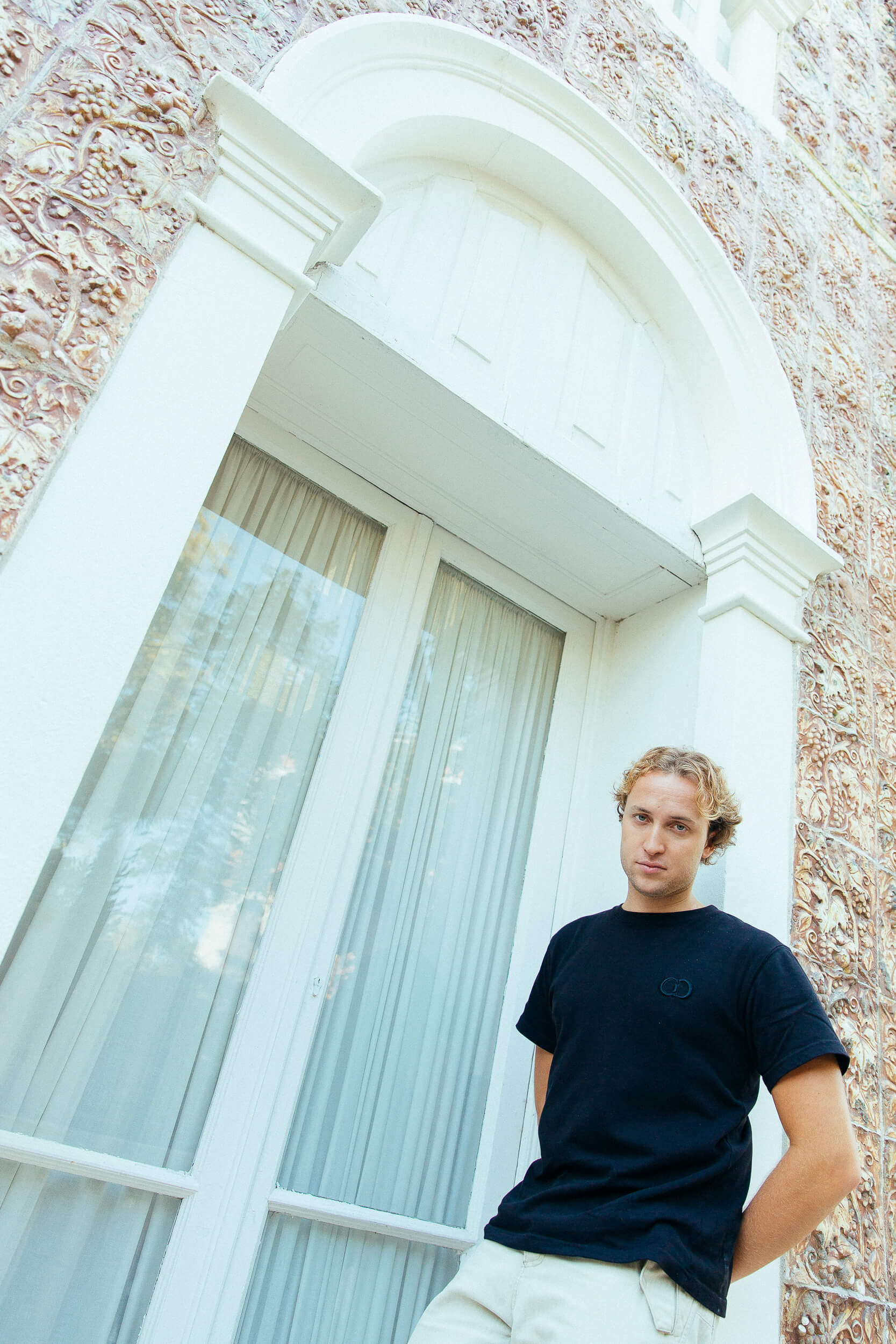
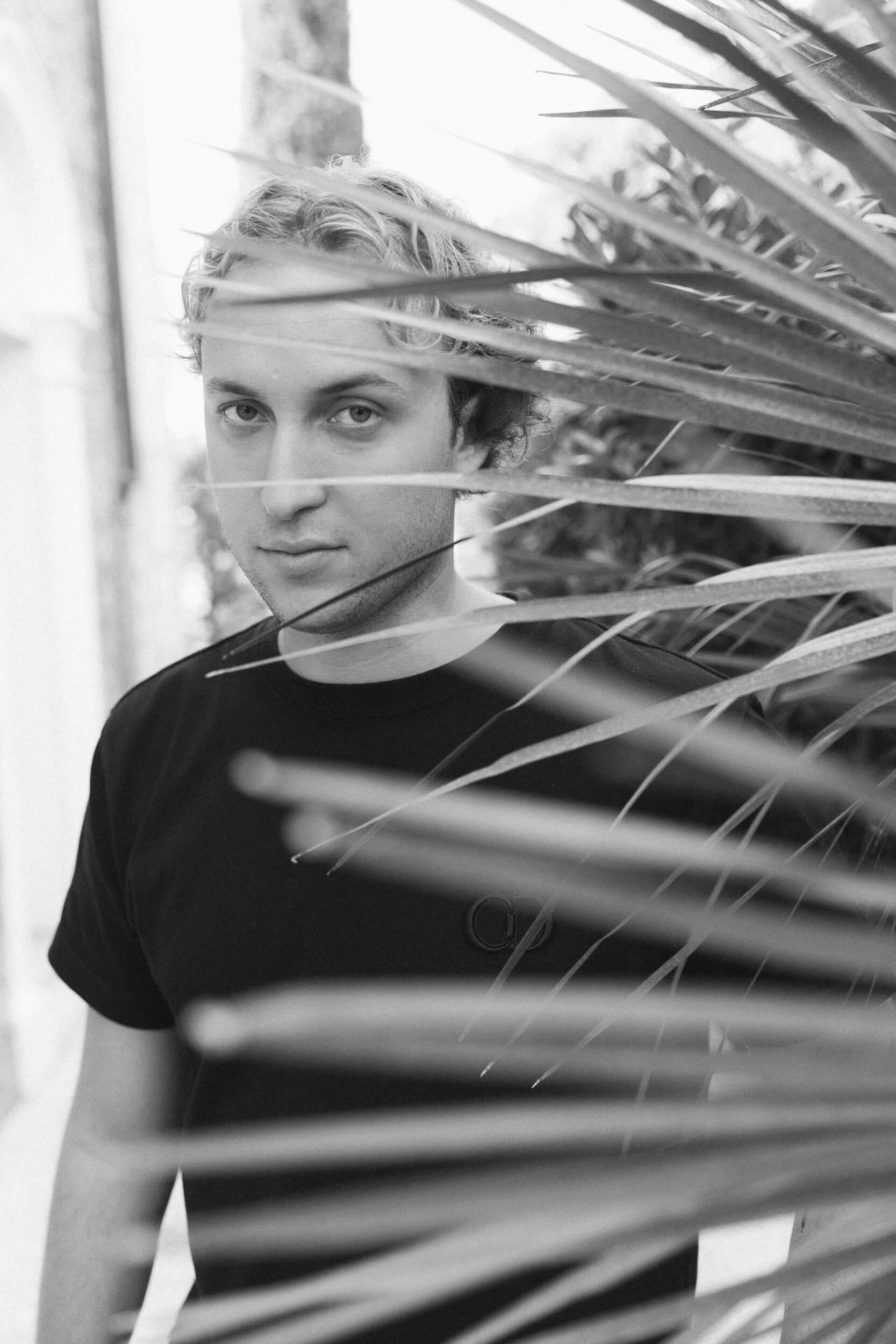
What inspired you to pursue a career in filmmaking?
It took me a long time to feel like I could be good at something and be confident about doing something, and I’m not someone who can easily just adapt themselves to anything. I think that film was something I’ve always had a natural inclination towards and I responded naturally to it. I felt like I had an opinion, even if it was wrong, it was something that I wanted to be active in, I didn’t want to stand back. A lot of the time, in another situation, whether it was in school or in some other context, I couldn’t force myself to do something, I’m not very good at adapting myself or compromising myself, which at the beginning made it difficult for me to realize what I wanted to do. Anyway, as I got older, I understood that it was something that came very easy to me, so I thought that was the thing I should be doing because it’s doesn’t happen every day that something comes to you and it’s almost instinctive. So, I liked the fact that it came very naturally to me.
When I was a kid, I’ve always wanted to be an actor, my whole entire life, but as I got older, I realized I didn’t want to be an actor. But I do have a great admiration towards actors, so I think that the more I work, the more I’ll be able to develop what that kind of working dynamic in the collaboration should be like, you know? I love actors, and that’s also part of why I want to take care of them, I want to collaborate.
“I think that film was something I’ve always had a natural inclination towards and I responded naturally to it.”
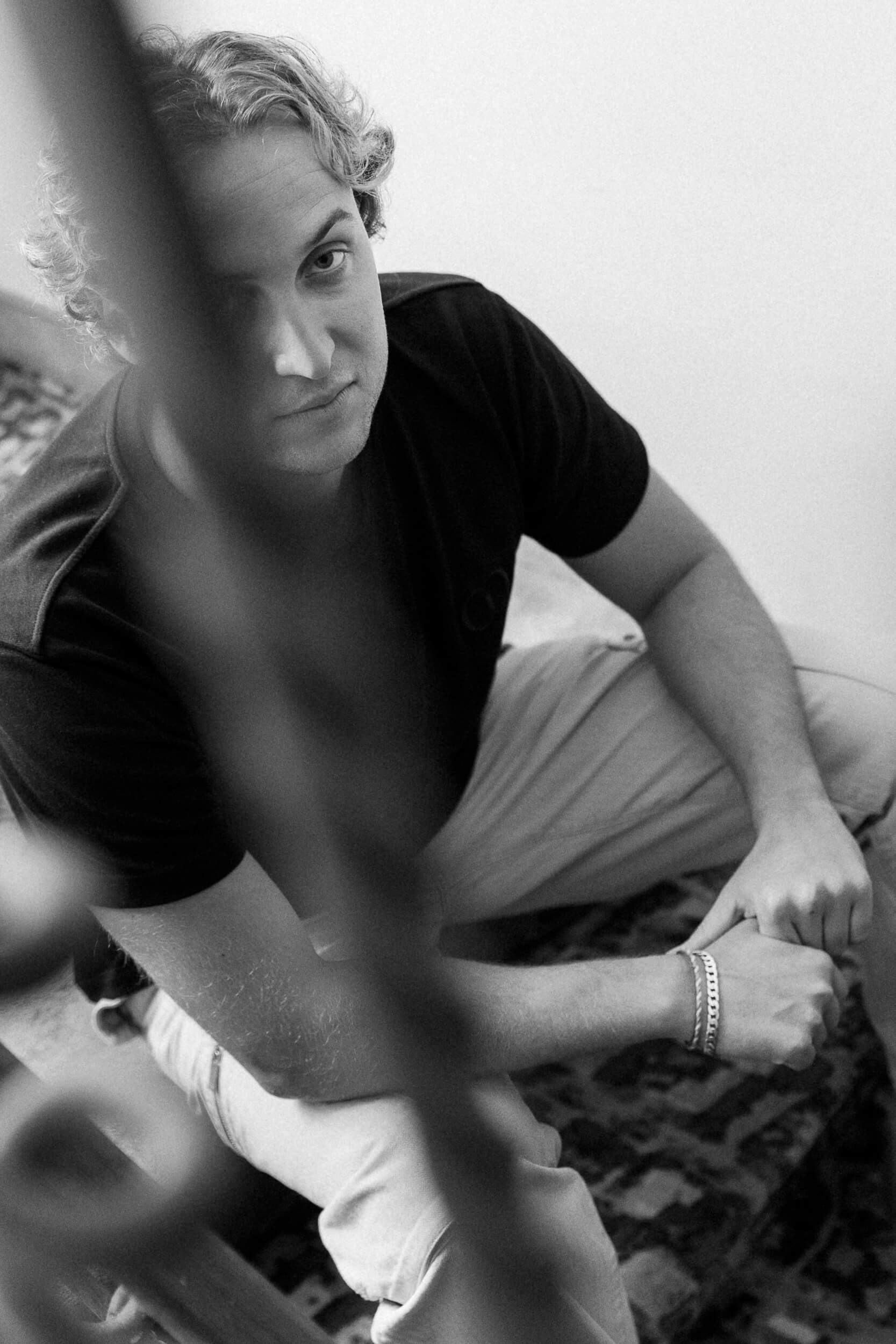
How has your life and background influenced your own artistic vision, and what distinct style or approach did you bring to “Pet Shop Days”, your directorial debut?
From a very young age I’ve had the possibility of having a discourse or a dialogue where art was always available, so I’m very thankful for that, for where I came from. We’d always talk about art, movies, music, literature, so that conversation was always there.
Obviously, I was born when my father made “Basquiat”, and being around him when I was young and seeing him do this made me realize it was possible, it wasn’t farfetched. He must have instilled stuff in me that was consciously absorbed, and also unconsciously, and for sure I think that Julian, being a director, has also motivated me to do it. When I had any sense of doubt, he was always very supportive about me working in film.
For “Pet Shop Days”, we watched a bunch of movies set in New York, like Cassavetes, Scorsese, “The Conversation” by Francis Ford Coppola, “Eyes Wide Shut”, to see how the city was filmed, but I wanted mine to feel timeless, and also have my own point of view about New York, I wanted to tell an original New York story. At some point, though, I stopped watching completely, and then just made the movie. Before that, leading up to the movie, I was so excited about watching a lot of stuff and absorbing as much as possible, that was the best part, until I said, “Basta. Now just go”. I wanted the movie to feel fast-paced, alive, in constant movement.
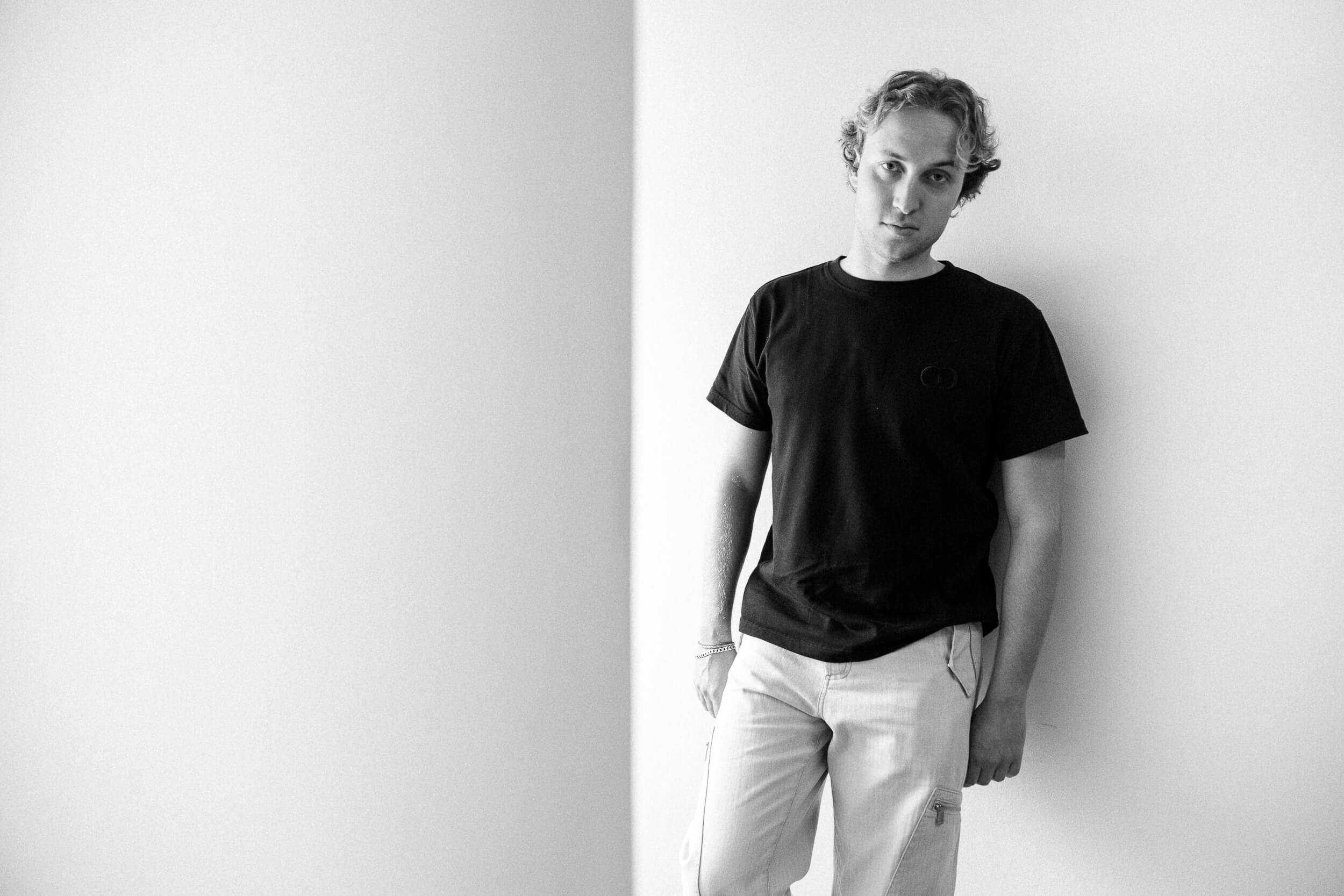
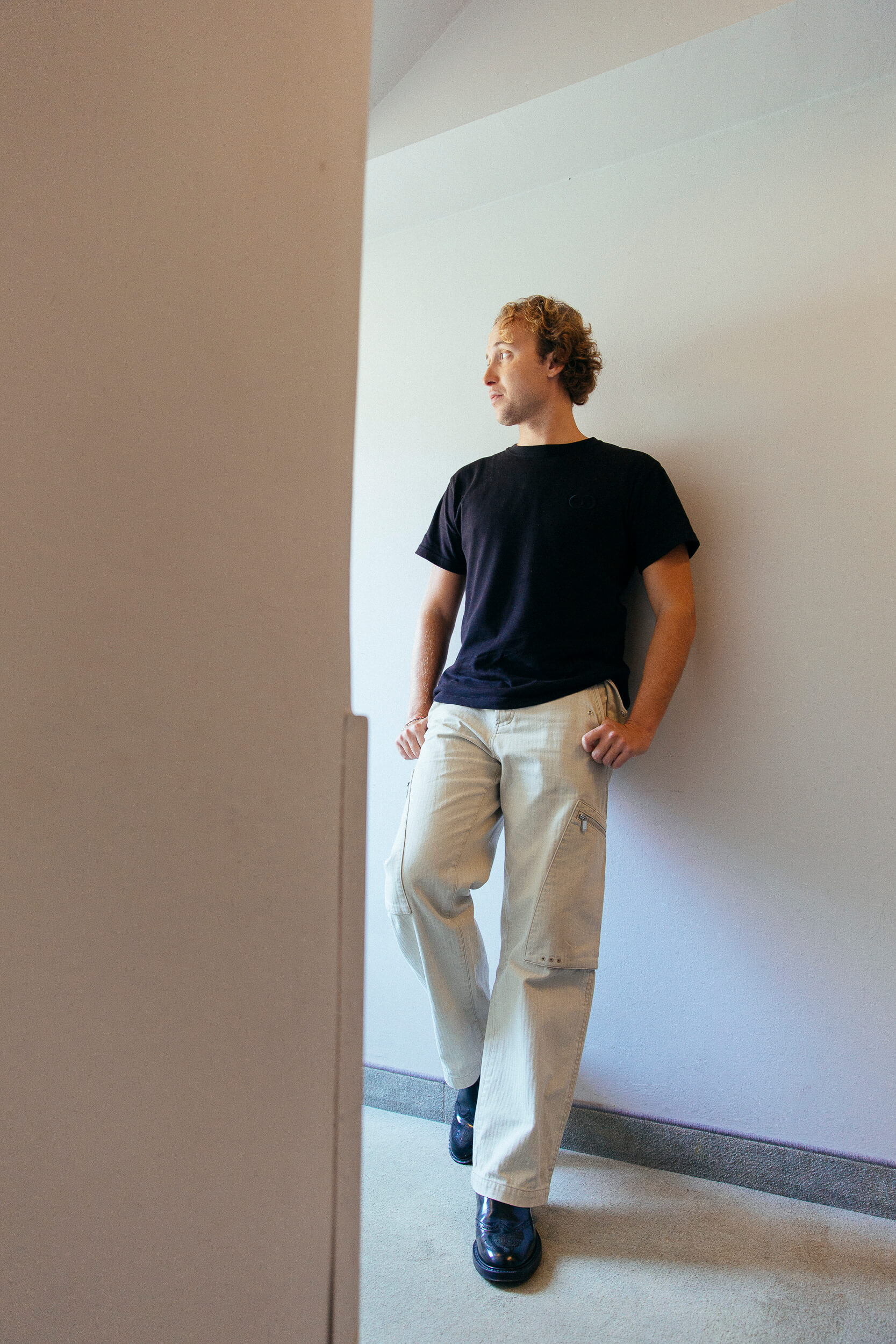
I know you’ve lived in Mexico for a while, and you currently live there, and I guess this has helped you reflect upon and appreciate perhaps a bit more your relationship with New York, which is portrait in its dark and bright sides throughout the film. What does it look like now, your relationship with an ever-changing, complicated city like NYC?
I think that when I left, it made me miss it. I had some time to step away from something that had become very comfortable, and the reason I left was actually because the city no longer had that element of surprise and mystery for me. I know that for a lot of people who move there now it’s going to be great, they’re going to love it, but for me it had become repetitive and redundant, so when I left, I got to think about it and fantasize about it – it helped me build a fantasy because I think the movie is a fantasy, a dark-twisted fantasy. I got to think of the city in a way where it became this kind of timeless, ever-changing land of possibilities, where an adventure is around the corner and anything can happen. Leaving New York also made me able to write a love letter to it. I don’t know whether I’m making another movie in NYC, but I’m happy that my first movie was made there. I think that the challenges that the place confronts you with also prepare you to work with other dynamics and other climates and maybe be able to deal with things in a certain way. The city is fast-paced, the shoot was difficult, but I knew what to do there naturally, so I’m very happy that I’ve done something in the place where I came from because it prepared me and now in my next experience, I can go somewhere I’m less prepared or that’s more foreign to me, and I’ll be able to use the lessons I’ve learned now.
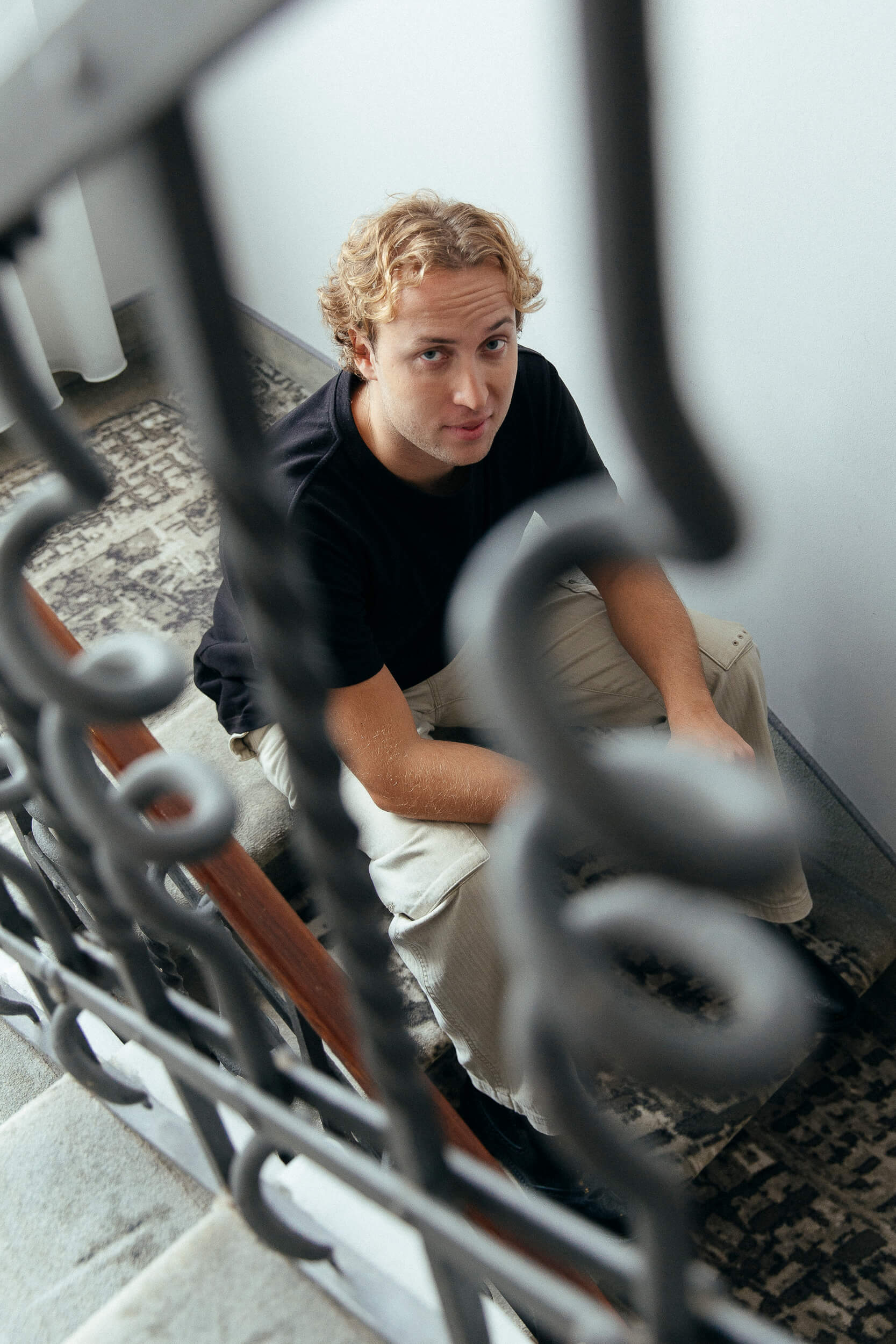
“Leaving New York also made me able to write a love letter to it.”
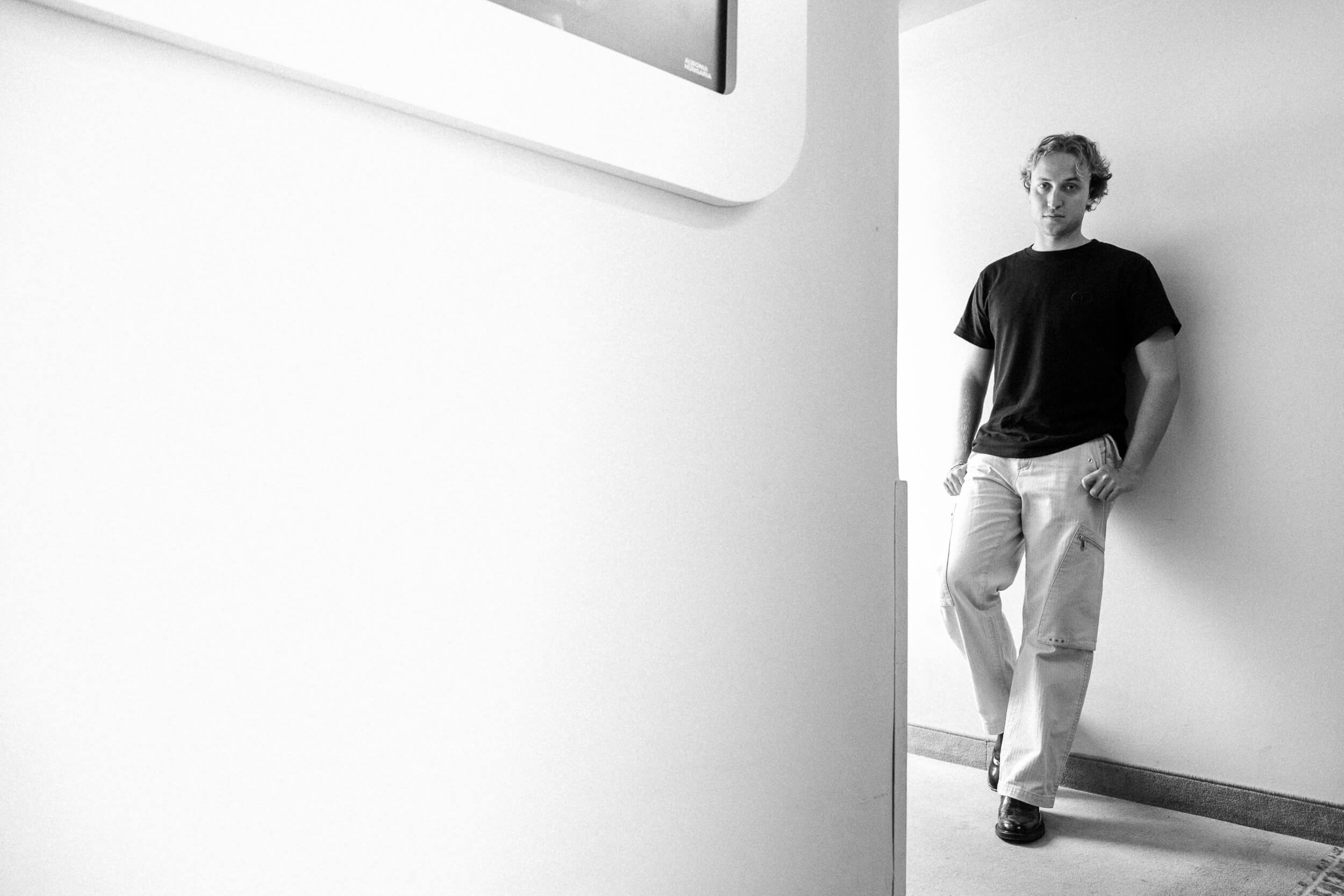
“Life is about being disappointed”, they say in the film. A quote which I think perfectly summarizes the whole story and can be relatable for many… Does it sound right to you? Do you believe life is about that?
Yeah, I do. I remember when I told Maribel [Verdù] to say that to him and I wanted him to hold on to that and then use it as a lesson. When I was a kid, I remember I’d feel bad about certain things and my mother would say to me,
“You should like your problems. Instead of feeling so bad, you should confront them and accept them and move forward”.
So, what’s interesting, I think, about the fact that life is disappointing is that it’s not just black and white. You’re disappointed today, but in six months you might change, so just give up. That scene is much shorter now, but when we originally had it, she goes on a whole monologue about being disappointed and feeling better, feeling good and bad at the same time. I think that’s just about reflecting and being open to whatever happens and understanding that that’s part of your trajectory and human experience.
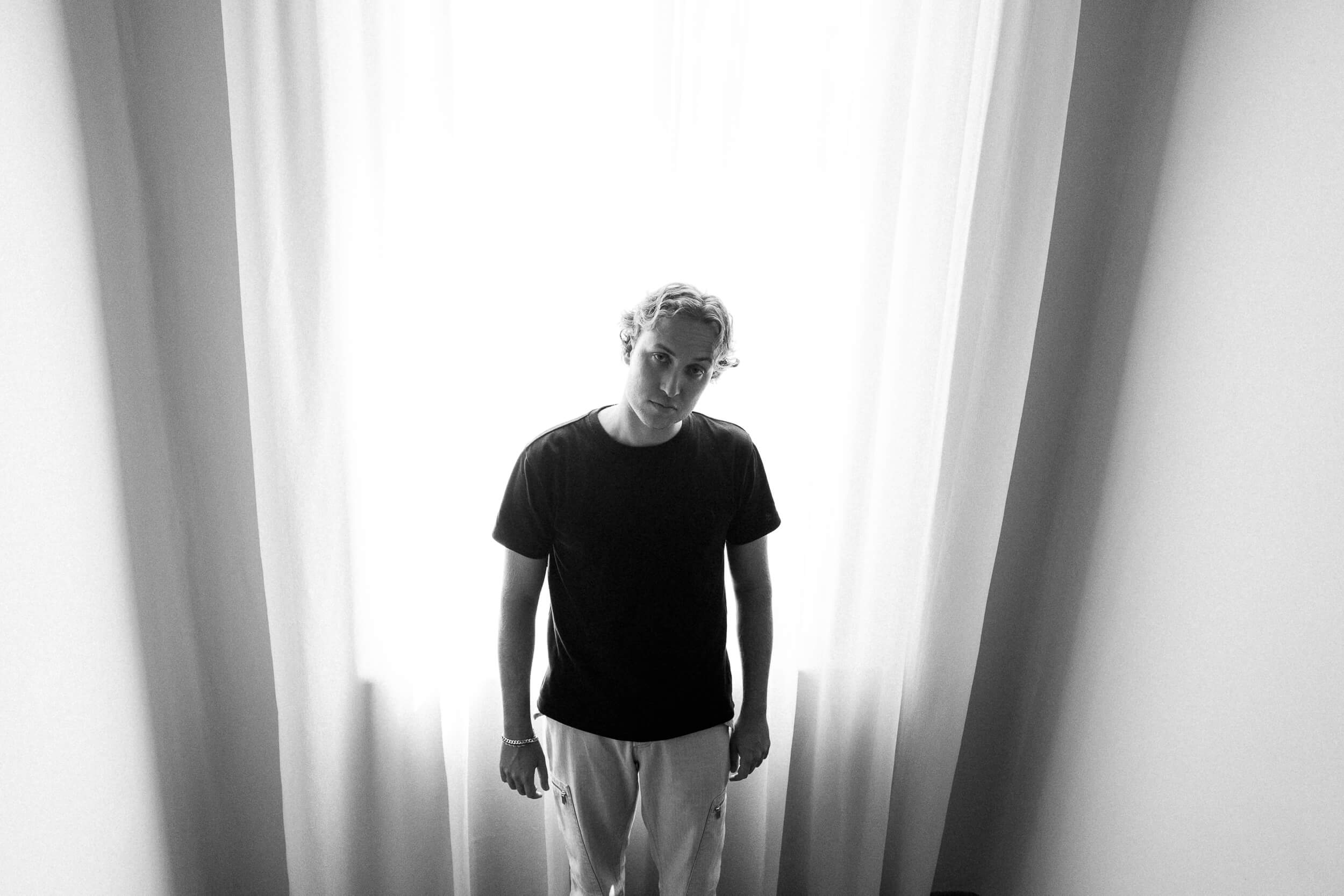
Photos by Luca Ortolani.

